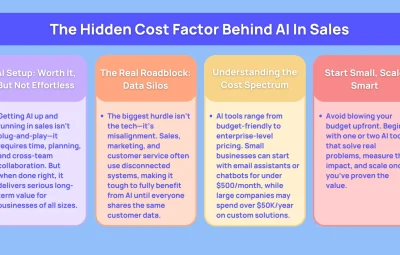When a business uses an accounting system, it must record two aspects of a transaction: the assets and liabilities. Similarly, it must also consider capital, the difference between assets and liabilities. Each of these three elements is represented as an item on a balance sheet. These three items should be understood when evaluating a business’s financial position.
A business should record its assets and liabilities at their historical cost. This helps ensure that the financial information is accurate. For example, if a retail employee is paying for their own purchases and sales, the invoice must match the price of the actual transactions. Another important aspect of this concept is to account for losses, even if these are not yet realized. This concept is critical in dealing with uncertainty, as it allows businesses to protect their creditors.
Another important accounting concept is the accrual concept. This principle dictates that expenses and revenues are recorded as they occur, and not as they are received. This concept is also linked to the concept of periodicity. Under this principle, a company will generate revenue from the same expenses it incurs. These costs and revenues must be recorded during the same accounting period.
Objectivity is an important accounting concept, as it ensures that an organization’s financial statements are free of bias and distortion. Furthermore, it requires that documents are verifiable, and that no opinions or speculations are used to interpret the numbers. As a result, this concept encourages goodwill among stakeholders, while warning against the pitfalls of misinterpretation of financial statements.
Matching is another accounting concept. Combined with accrual accounting, matching requires businesses to match the revenue they generate with the expenses they incur during the same time period. Failure to record these expenses can result in the company’s net income to be inflated. Net income = revenue – expenses. The matching principle is essential for businesses, as failing to record expenses can cause the net income to be inflated.
The dual aspect concept requires a business to record both aspects of financial transactions, as every transaction has a debit and a credit. This principle underlies the double-entry bookkeeping system that is a standard method for auditing and taxation. When these two aspects are not accurately represented, a business will face accounting record faults.
Accounting concepts are guidelines and rules that govern the maintenance and recording of financial transactions. They help businesses integrate their financial transactions and create standards and uniformity. In addition, they help prevent fraud. A good understanding of these concepts will make the accounting process easier and more transparent. In short, accounting is all about understanding the financials.
A third accounting concept is materiality. In this concept, important financial information is important, but insignificant information is not. Accounting professionals differentiate between material and immaterial facts according to their nature and amount. Moreover, the materiality concept refers to whether the information will influence the judgment of the person reading the financial statements.







